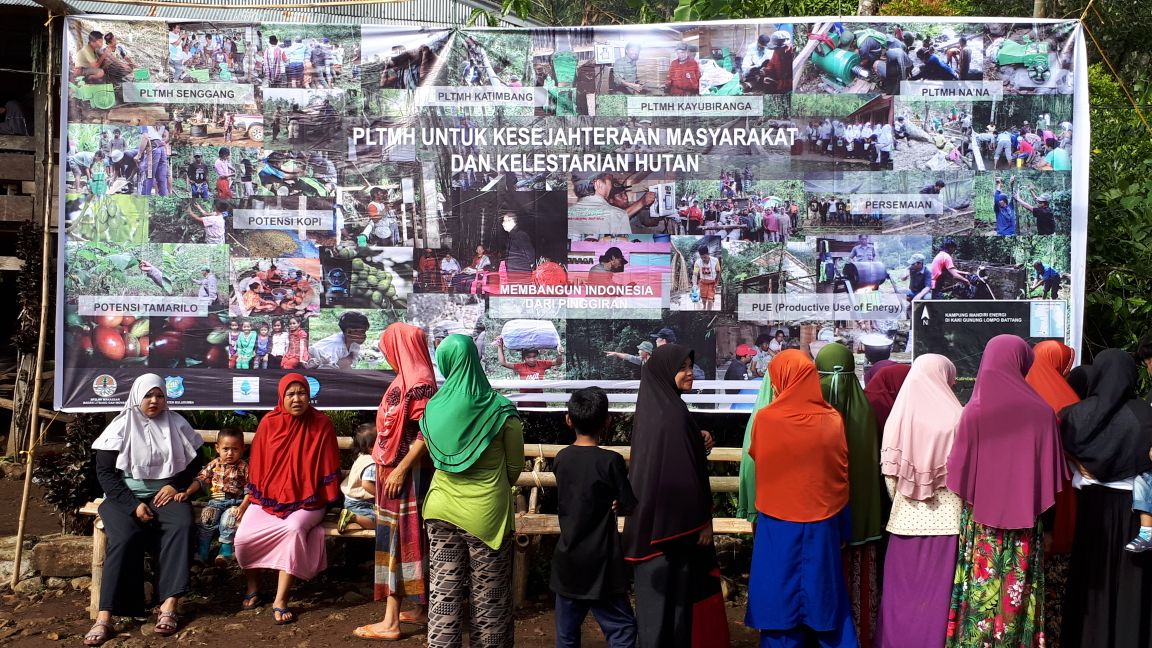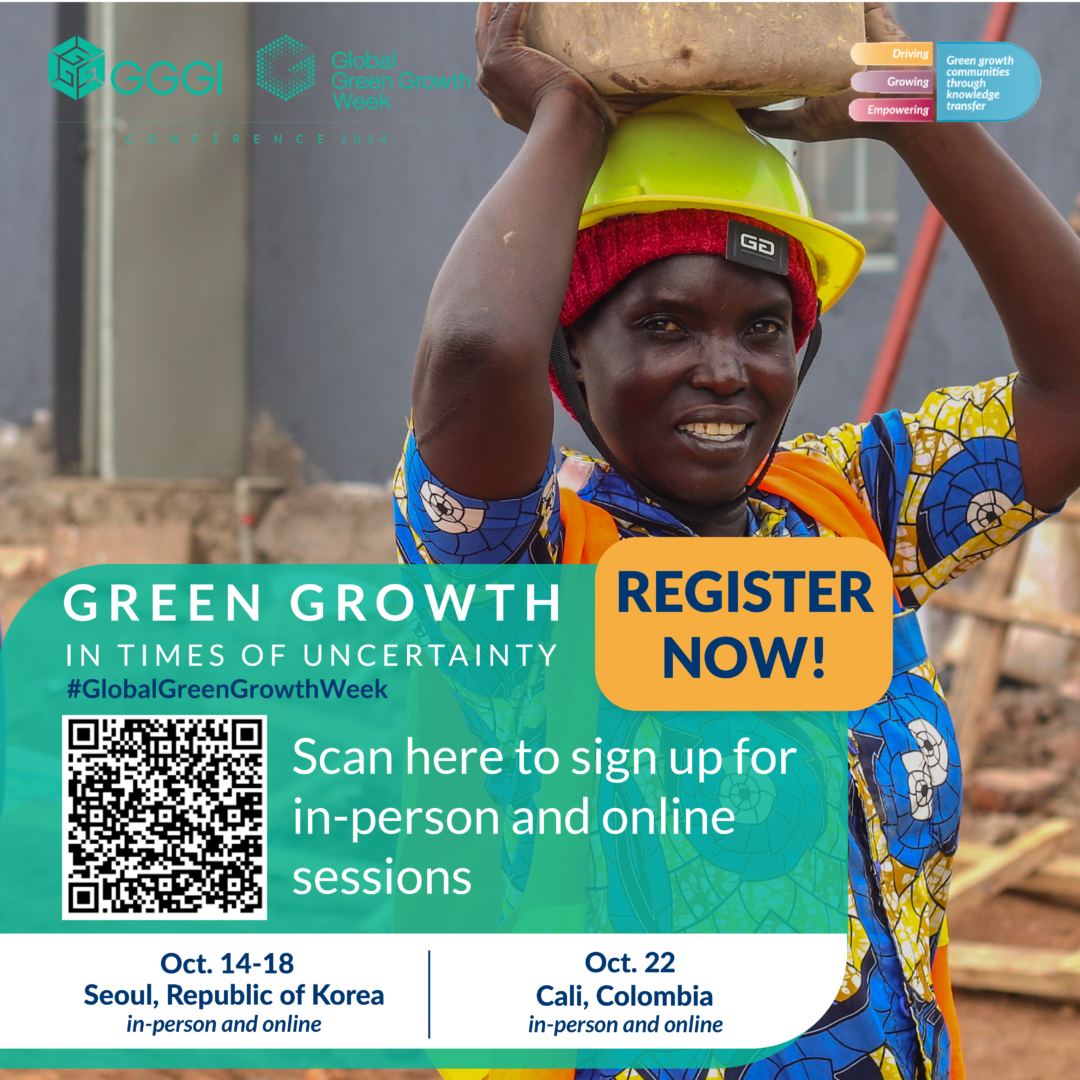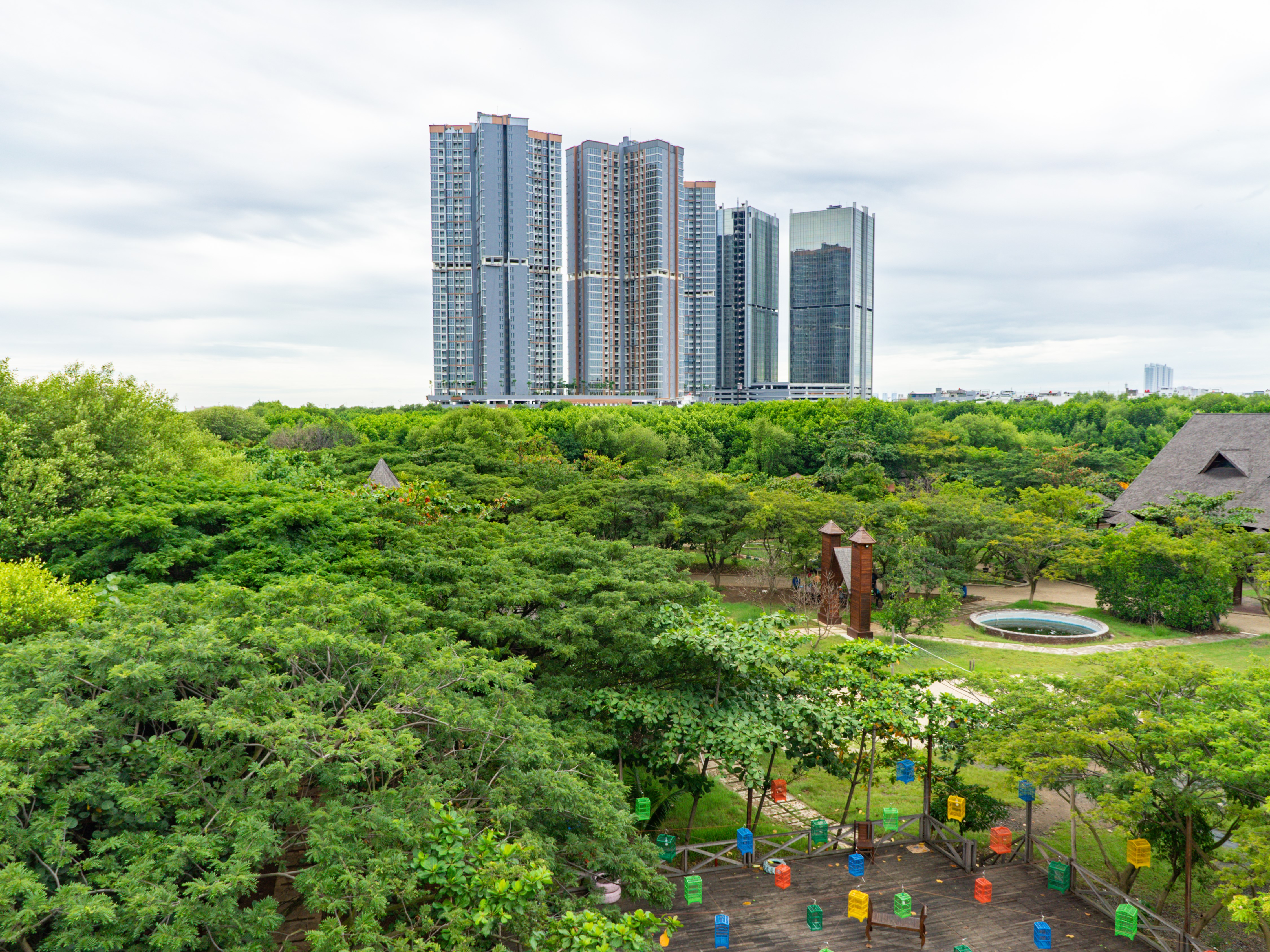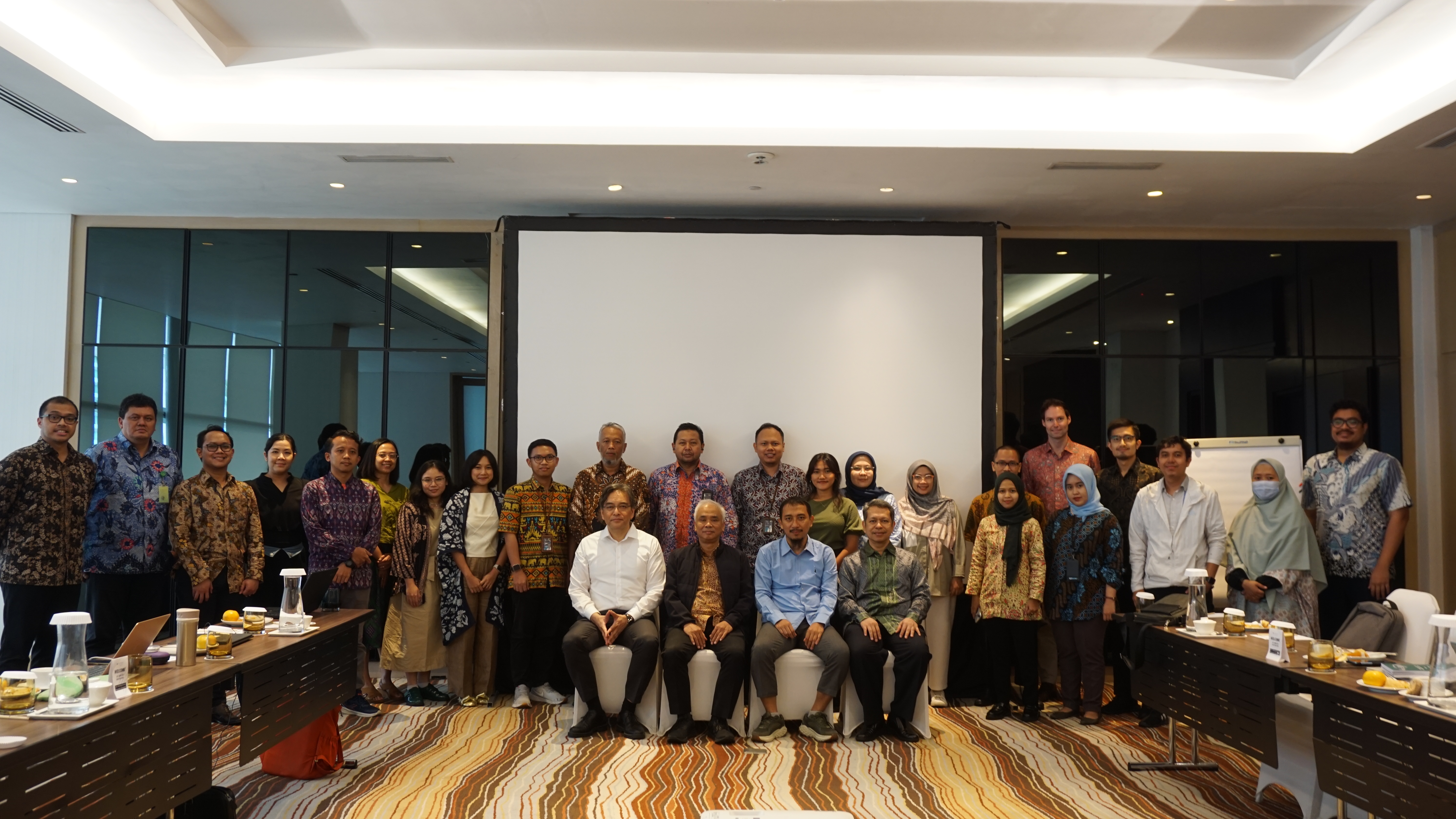Protected Forest as a Source of Energy
The Forestry and Environmental Research, Development and Innovation Agency (FOERDIA) of the Ministry of Environment and Forestry hosted a media trip on Thursday, April 19, 2018, attended by representatives of the Ministry of National Development Planning (Bappenas), provincial government, district government, related government offices as well as media partners and GGGI as a development partner, to showcase results of Micro Hydro Power Plant (MHP) projects in four villages in the area of Lampobattang Forest, Bulukumba District, South Sulawesi. The MHPs were developed by the technical implementation unit of FOERDIA, namely the Center for Environmental and Forestry Research and Development (CEFRD) Makassar.
Senggang, Katimbang, Kayu Biranga dan Na’na were off-grid villages with no electricity. Today, since the development of MHP, the four villages have enjoyed the many benefits of electricity. The plant utilizes the abundant and constant flow of river water originating from the protected forest, which provide 7.5 kilowatts of electric power for eight families in Senggang, 5 kilowatts for 15 families in Katimbang, 15 kilowatts for 47 families in Kayu Biranga, and 20 kilowatts for 43 families in Na’na. The MHPs have also helped ensure sustainable forest management and continuous community development.
On this occasion, participants visited one of MHP locations, which is Na’na Village. If MHP development in Senggang, Katimbang and Kayu Biranga was carried out semi-independently, residents of Na’na did it independently. Micro hydro development in all four villages used a participatory approach in which the people were the main actors and the desire to build an MHP emerged from their own community. This approach proves effective in its implementation. Everyone consciously and actively helps take care of the MHP and is committed to pay monthly fees of IDR 10,000 (approximately USD 0.75) per family. The entire community independently maintain, manage and repair the MHP.
Hunggul YSH Nugroho, a researcher at CEFRD Makassar who was also the initiator of the project, said that the goal of the micro hydro project and its derivatives (biomass stove, coffee processing and drying) is to provide communities with tangible benefits of environmental services, fostering the awareness of protecting the surrounding forests. The activity is a collaboration between the communities with the district government, R & D agencies, and non-governmental organizations. Roles are remarkably divided where the people act as actors and initiators, local NGOs work to strengthen institutions and bridge participation, R & D institutions develop technologies that can be used by the communities, and local governments play a role to replicate and maintain the sustainability of the activities.




